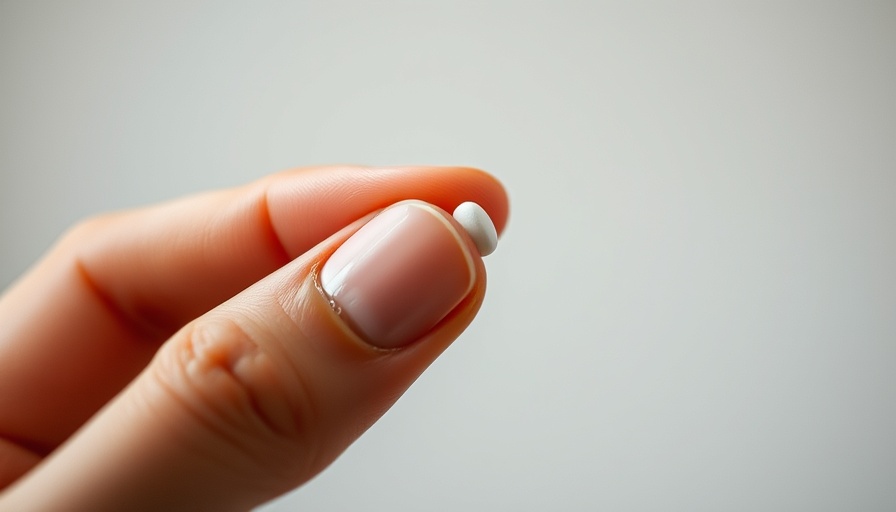
Understanding Statins: The Controversial Side Effects
Statins have become a standard treatment for lowering LDL cholesterol, the so-called "bad cholesterol," but why do so many people struggle to adhere to their prescribed regimen? A significant portion of statin users—between 40% and 80%—report non-compliance, often citing muscle pain as their primary concern. This article delves into the perplexing relationship between statin use and muscle discomfort, exploring the science behind this troubling side effect.
The Prevalence of Statin-Associated Muscle Pain
Studies indicate that muscle symptoms are a major reason people discontinue statin therapy, with up to 72% of all statin-related adverse events linked to muscle issues. But the question remains: are these side effects truly caused by the medication, or could they be attributed to other factors, including psychological responses? Research suggests that some patients may experience what is known as the "nocebo effect," where negative symptoms are exacerbated simply because they believe they are experiencing side effects from medication.
The Role of Psyche in Statin Intolerance
Interestingly, randomized studies have shown that many individuals cannot accurately distinguish between the effects of a statin and a placebo. When patients are unaware of whether they're receiving an active medication or a sugar pill, reports of muscle pain decrease significantly. This raises the possibility that much of the discomfort attributed to statins might be psychosomatic. The phenomenon is similar to how some might mistake everyday aches for signs of arthritis—a common misattribution that can lead to unnecessary stress and lifestyle changes.
Placebo vs Nocebo: What Do These Terms Mean?
The difference between placebo and nocebo is critical to understanding the statin debate. While a placebo effect can lead to unintended benefits, nocebo effects reflect the adverse experiences someone might perceive due to a drug's reputation rather than its actual impact. When patients know they are taking statins, especially if they have heard negative reports, they may be more inclined to report side effects.
The Misconceptions Surrounding Statin Use
Statins may have developed a bad reputation partly due to the vast amount of misinformation circulating on the internet. This has fueled the fear of side effects in many patients who might benefit from the medication. It’s essential to separate fact from fiction, understanding that many adverse events may not be directly linked to the medication itself.
Finding Balance: The Path Ahead
The conversation surrounding statins often hinges on fear and anxiety about potential side effects. Engaging with healthcare professionals and exploring alternative therapies can help manage cholesterol levels without compromising mental health. Furthermore, understanding that lifestyle choices, such as diet and exercise, play a crucial role in cardiovascular health can empower patients to take control of their overall well-being.
Take Charge of Your Heart Health!
With so much evidence pointing to the effectiveness of statins in reducing cardiovascular disease risks, it is essential for individuals to stay informed and consult healthcare professionals about their concerns. As we navigate through the information and possible misconceptions surrounding statin therapy, the focus should remain on achieving optimal health through a balanced approach.
Are you ready to embrace a holistic approach to your health? Explore dietary choices, consider the psychological impact on your well-being, and engage healthcare professionals in meaningful discussions about your heart health. Your journey towards empowerment begins today!
 Add Row
Add Row  Add
Add 




Write A Comment